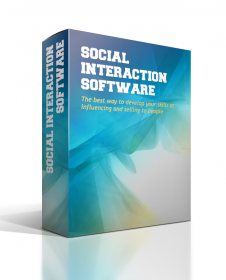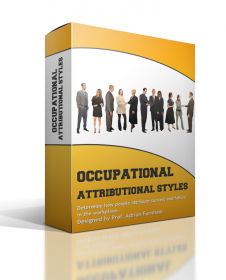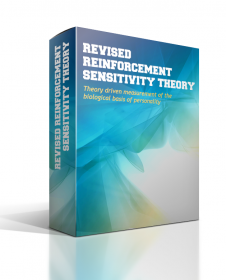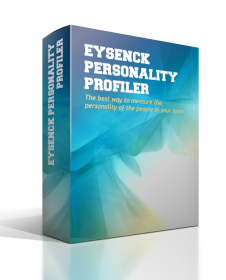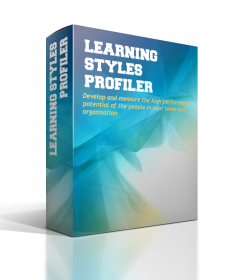For easy use, click on column title to sort by that column.
|
Year |
Publication. |
LSP |
Download |
|
2013 |
Movafegh, H. & Rastgarpour, M. (2013). A Model for an Intelligent and Adaptive Tutor based on Web by Jackson's Learning Styles Profiler and Expert Systems. Proceedings of the International multiconference of engineers and computer scientists. IMECS, March 14-16. |
 |
This email address is being protected from spambots. You need JavaScript enabled to view it. |
|
2011 |
Jackson, C. J. (2011). How sensation seeking provides a common basis for functional and dysfunctional outcomes. Journal of Research in Personality. doi:10.1016/j.jrp.2010.11.005 |
Y |
This email address is being protected from spambots. You need JavaScript enabled to view it. |
|
2010 |
Jackson, C. J. (2010). Functional and dysfunctional learning. In R. Hicks (ed). Personality and Individual Differences: Current Directions. Australia: Australian Academic Press |
Y |
This email address is being protected from spambots. You need JavaScript enabled to view it. |
|
2009 |
Jackson, C. J. (2009). Using the hybrid model of learning in personality to predict performance in the workplace. 8th IOP Conference, Conference Proceedings, Manly, Sydney, Australia, 25-28 June, 2009 pp 75-79. |
Y |
|
|
2009 |
Jackson, C. J., Baguma, P., & Furnham, A. (In press). Predicting Grade Point Average from the hybrid model of learning in personality: Consistent findings from Ugandan and Australian Students. Educational Psychology. |
Y |
This email address is being protected from spambots. You need JavaScript enabled to view it. |
|
2009 |
Jackson, C. J., Hobman, E., Jimmieson, N., and Martin. R. (2009). Comparing Different Approach and Avoidance Models of Learning and Personality in the Prediction of Work, University and Leadership Outcomes. British Journal of Psychology, 100, 283-312. |
Y |
This email address is being protected from spambots. You need JavaScript enabled to view it. |
|
2008 |
Jackson, C. J. (2008). Measurement issues concerning a personality model spanning temperament, character and experience. In Boyle, G., Matthews, G. & Saklofske, D. Handbook of Personality and Testing. Sage Publishers. (pp. 73 – 93). |
Y |
This email address is being protected from spambots. You need JavaScript enabled to view it. |
|
2008 |
O’Connor, P. & Jackson, C. J. Factor structure and validity of the Learning Styles Profiler (LSP). European Journal of Psychological Assessment. |
Y |
This email address is being protected from spambots. You need JavaScript enabled to view it. |
|
2008 |
Furnham, A., & Jackson, C. J. (2008). Reinforcement Sensitivity Theory in the work-place. In Corr, P. Theory and application of Reinforcement Sensitivity Theory. |
Y |
This email address is being protected from spambots. You need JavaScript enabled to view it. |
|
2008 |
O’Connor, P. C. & Jackson, C. J. (In press). Learning to be Saints or Sinners: The Indirect Pathway from Sensation Seeking to Behavior through Mastery Orientation. Journal of Personality. |
Y |
|
|
2007 |
Siadaty, M. & Taghiyareh, F. (2007). PALS2: Pedagogically Adaptive Learning System based on Learning Styles. Seventh IEEE International Conference on Advanced Learning Technologies (ICALT 2007) |
|
|
|
2005 |
Jackson, C. J. (2005). An applied neuropsychological model of functional and dysfunctional learning: Applications for business, education, training and clinical psychology.Cymeon: Australia |
Y |
Other Links
Publications Concerning the LSP





